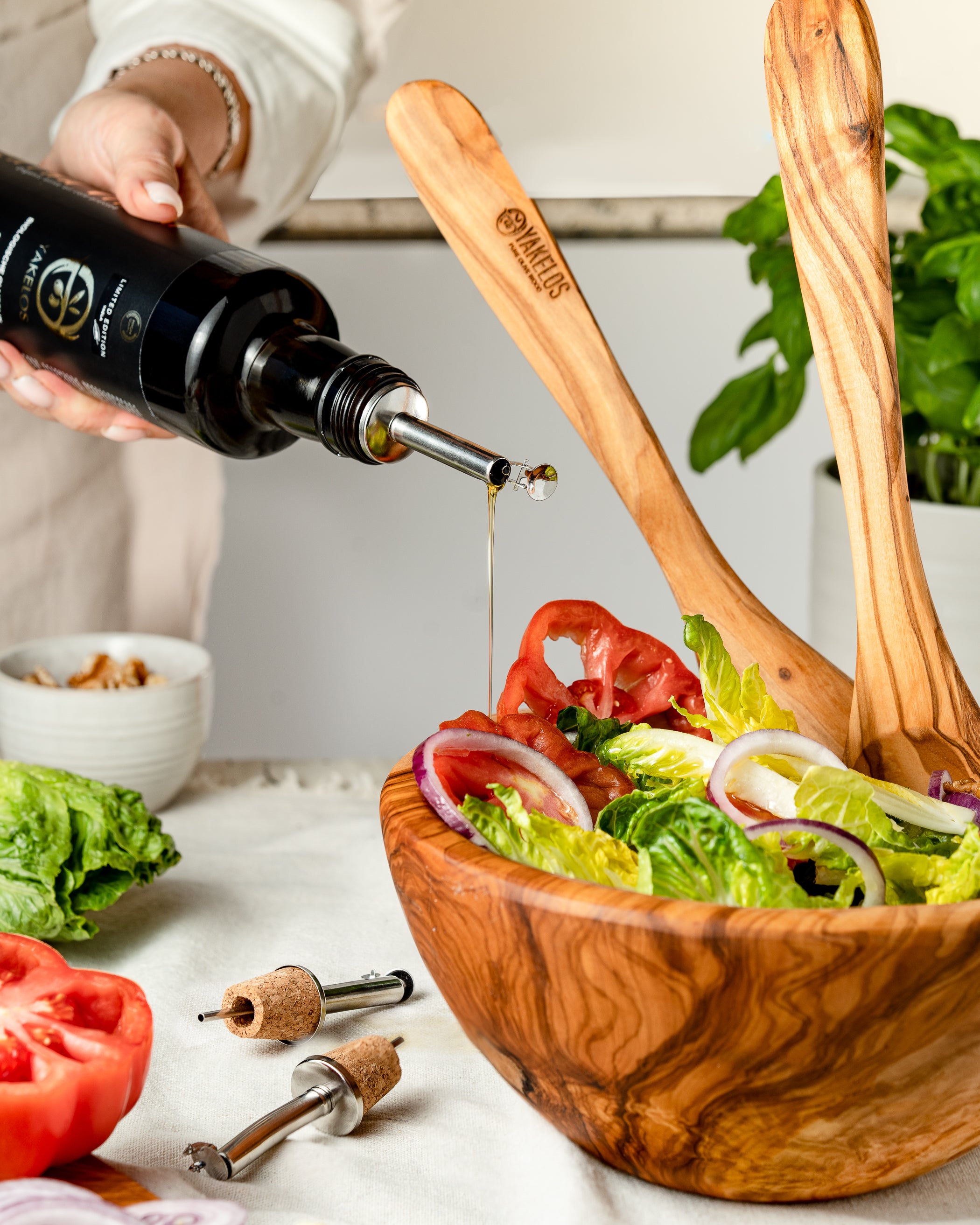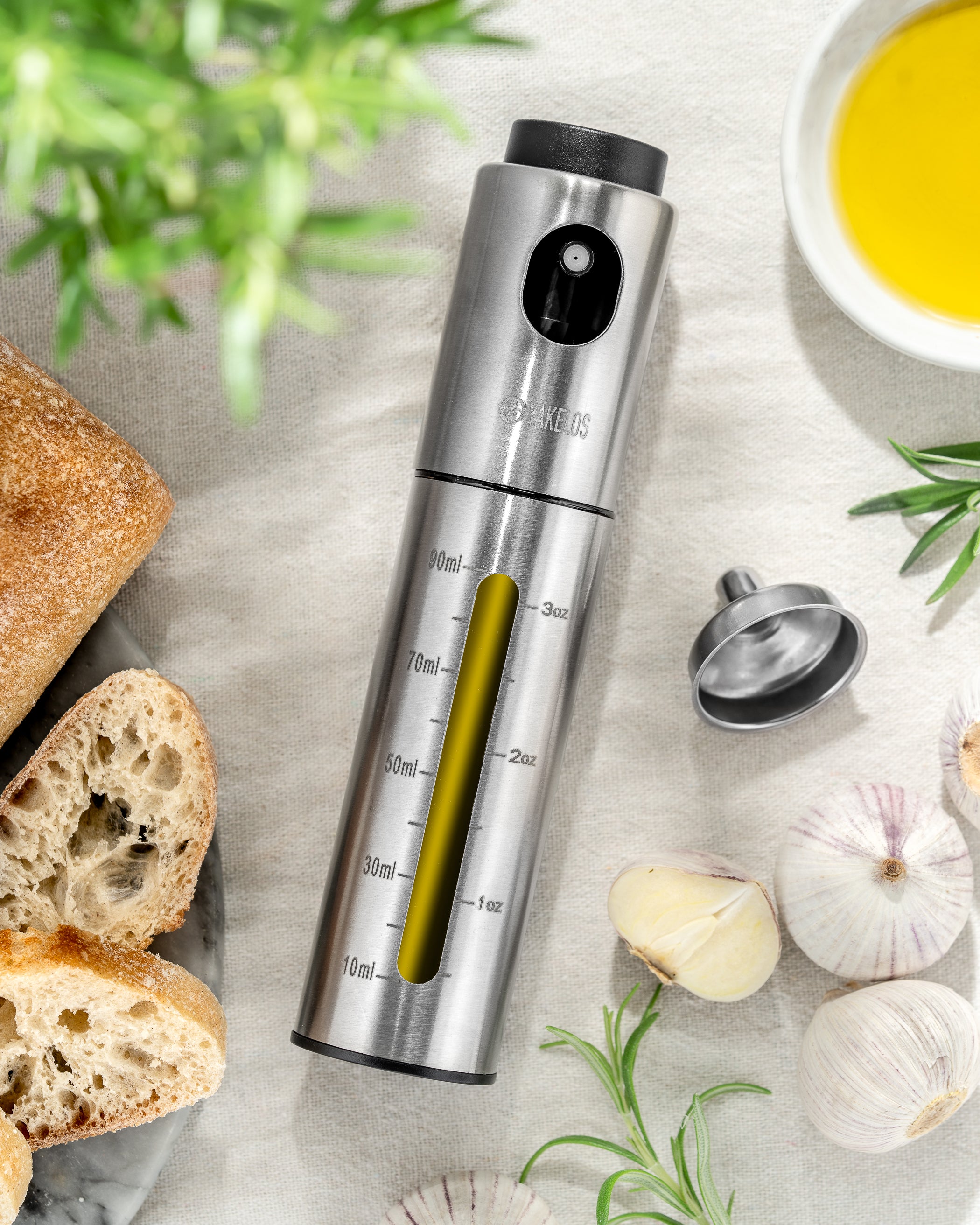An. Increasing Threat to Food Integrity
Food fraud is on the rise, according to the May 2025 Report on EU Agri-Food Fraud Suspicions. While fraudulent practices have always existed, recent years have seen a notable surge in cases involving olive oil.
Why Olive Oil Is a Prime Target
The soaring price of extra virgin olive oil has made it a lucrative target for criminals. Across Europe and beyond, fraud cases are climbing.
A common scheme involves taking transparent seed oils—such as rapeseed or sunflower oil—colouring them green with chlorophyll or yellow with carotenoids, and passing them off as olive oil. These counterfeits can then be sold at premium prices, with half-litre bottles fetching anywhere from €20 to €70.
Some fraudsters simply mislabel substandard oil as olive oil, or downgrade virgin olive oil by marketing it as extra virgin.
Recent Cases of Olive Oil Fraud
Over the past year, multiple high-profile cases have been uncovered:
-
Portugal – Authorities seized over 16,000 litres of cooking oil falsely labelled as extra virgin olive oil. The product was actually low-grade lampante oil.
-
Italy – Police dismantled a criminal operation mixing low-quality oils with chemicals and selling them as extra virgin olive oil. Such practices threaten consumer health and undermine the purpose of PDO (Protected Designation of Origin) and PGI (Protected Geographical Indication) certifications.
-
Europe-Wide Operation – Europol and 29 European countries carried out Operation OPSON XIII, targeting counterfeit and substandard food products. Results included:
-
11 criminal networks dismantled
-
104 arrest warrants issued
-
278 individuals reported to judicial authorities
-
Key findings: adulterated olive oil, mislabelled tuna, and expired food with falsified expiry dates.
-

A Potential Public Health Risk
Beyond financial deception, adulterated olive oil can pose health risks—especially when chemicals are added to alter taste, colour, or smell.
How Consumers Can Protect Themselves
The safest approach is to buy from reputable suppliers. For example, Yakelos oversees its extra virgin olive oil from farm to fork, ensuring authenticity at every stage. Their oil continues to win awards from renowned olive oil sommeliers—offering assurance that what’s in the bottle truly is the real deal.
Ready to taste olive oil the way it’s meant to be? Discover Yakelos’ award-winning extra virgin olive oil, delivered straight to your kitchen from trusted farms. Your salads, bread dips, and recipes deserve nothing less—place your order today and experience the difference in every drop.
Healthy Living Tip
-Buy your organic extra virgin olive oil here 🍀
-Did you know we offer free shipping within the Netherlands and Belgium? Order today, delivered tomorrow.
-Discover our brand-new olive oil subscription service — enjoy fresh, delicious olive oil always at your fingertips! 🌿🌿 Check it out here.




